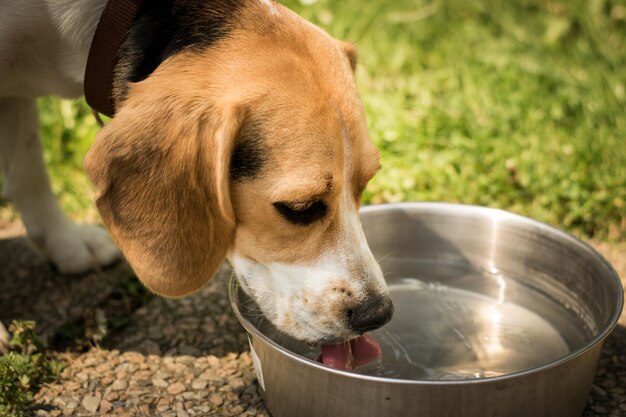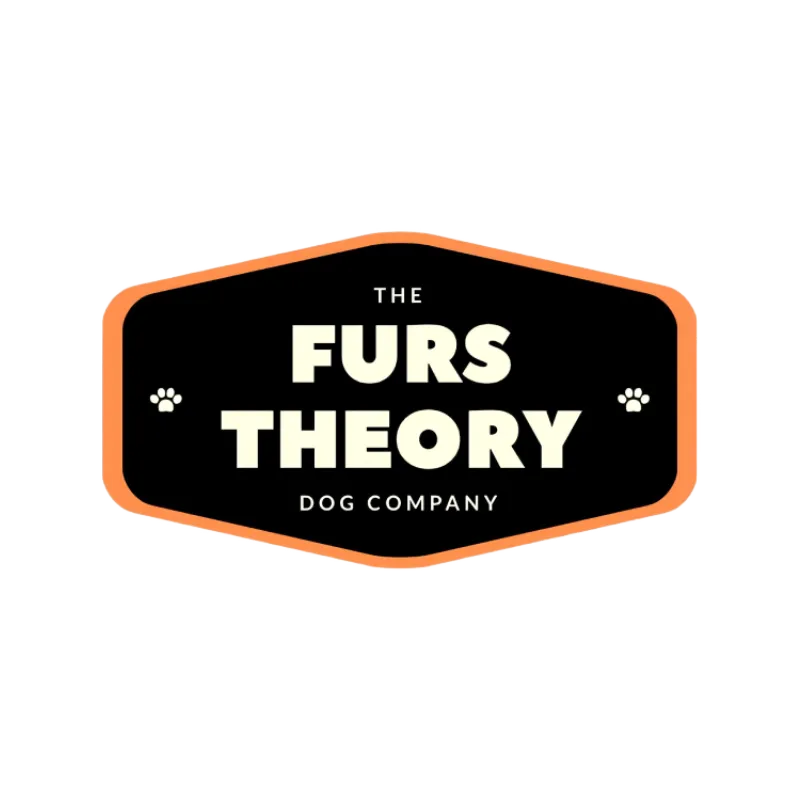As dedicated dog owners, ensuring the well-being of our canine companions is paramount. A crucial aspect of canine care that significantly impacts their health and longevity is nutrition. In this comprehensive guide, we will explore the five essential nutrients that are fundamental to your dog’s well-being. Providing insights to help you make informed decisions about their diet for optimal health and happiness.
The Cornerstone: Dog Nutrition Basics
Understanding Dog Nutrition
Before delving into the specifics, it’s crucial to grasp the fundamentals of dog nutrition. Dogs are omnivores, which means their diet includes a combination of animal and plant-based foods. Recognizing their dietary requirements and understanding the essential nutrients they need is the foundation for their overall health.
1. Protein: The Building Blocks of Canine Health
The Crucial Role of Protein in Dog Diets
Protein is the cornerstone of a dog’s diet, serving as the building blocks for essential bodily functions. High-quality animal-based proteins, such as those found in meat, are vital for maintaining muscle mass, supporting immune function, and promoting overall well-being. Ensure that your dog’s diet contains a sufficient amount of high-quality protein for optimal health.
Assessing Protein Needs Based on Breed and Activity Level
Different dog breeds and activity levels require varying protein levels. Larger breeds or highly active dogs may need more protein to support their energy requirements and muscle development. Consult with your veterinarian to determine the ideal protein content for your dog’s specific needs.
2. Fats: Energy and Beyond
The Significance of Dietary Fats
Dietary fats play a crucial role in dog nutrition, providing a concentrated source of energy and supporting various physiological functions. Essential fatty acids, such as omega-3 and omega-6, are particularly important for maintaining healthy skin, a shiny coat, and supporting cognitive function. Including sources of healthy fats in your dog’s diet contributes to their overall vitality.
Choosing Healthy Fat Sources
Opt for dog foods that include healthy fat sources like fish oil, flaxseed, and chicken fat. These fats not only provide energy but also contribute to a glossy coat and overall well-being. Balance is key to prevent obesity while still meeting your dog’s energy needs.
3. Carbohydrates: A Balanced Approach
Understanding Carbohydrates in Dog Diets
While dogs are not obligate carnivores, they can benefit from a balanced inclusion of carbohydrates in their diet. Carbohydrates provide a source of energy and can support digestive health. However, it’s essential to choose quality, easily digestible carbohydrates to avoid potential sensitivities.
Selecting Nutrient-Rich Carbohydrate Sources
Incorporate carbohydrates like sweet potatoes, brown rice, and whole grains into your dog’s diet. These nutrient-rich sources provide energy and essential fiber, contributing to overall digestive health without compromising nutritional balance.
4. Vitamins and Minerals: The Essentials for Vital Functions
The Role of Vitamins and Minerals in Dog Diets
Vitamins and minerals are essential micronutrients that play a crucial role in various bodily functions. Dogs require specific vitamins like A, D, E, and minerals such as calcium, phosphorus, and zinc for vision, bone health, immune support, and overall well-being. A well-balanced diet ensures your dog receives the necessary vitamins and minerals for optimal health.
Addressing Breed-Specific Nutritional Needs
Certain breeds may have specific nutritional requirements. Large breeds, for example, may benefit from additional joint-supporting minerals. Consult with your veterinarian to tailor your dog’s diet to their breed-specific needs.
5. Water: Vital for Canine Hydration
The Significance of Hydration for Dogs

Water is often overlooked but is a critical nutrient for dogs. Adequate hydration supports kidney function, aids digestion, and helps regulate body temperature. Ensure your dog has access to fresh, clean water at all times to promote optimal health.
Conclusion
In conclusion, understanding and providing the five essential nutrients for your dog is crucial for ensuring their overall health and well-being. By incorporating high-quality protein, healthy fats, balanced carbohydrates, and essential vitamins and minerals into their diet, you lay the foundation for a happy and healthy canine companion. Always consult with your veterinarian to tailor your dog’s nutrition plan based on their specific needs, age, breed, and activity level.





















